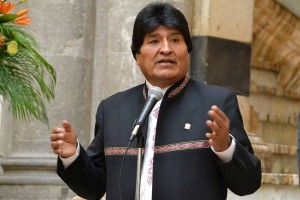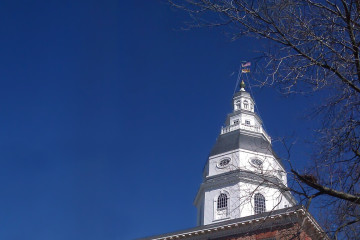Bolivia’s Burning Question: Crisis or Coup?
Bolivia is a South American country neighboring Brazil, home to a little over 11 million people. Bolivia’s former president’s resignation sparked protests across the country, bringing up the question: Crisis or Coup?

Evo Morales was elected in 2005, and he was the first president to be elected with an indigenous background. When Bolivia gained independence from Spain in 1825, it resulted in a mixture of people from all different backgrounds. It contains a mixture of citizens from Spanish descent, and as well as a large population of indigenous people, who make up two-thirds of its citizens.
Bolivia’s former president Morales is known for decreasing the number of indigenous people living in poverty. Morales is also a supporter of the growing of coca as well as keeping it legal, and he introduced measures in order to regulate its trade despite U.S. disapproval for the plant which can be manufactured into abusive substances. Morales is also known for renationalizing its oil and gas industries.
Many claim that after 14 years in power, Evo Morales should not be allowed to run again for the presidency. However, due to a court standing from Bolivia’s constitutional court, Evo Morales was able to stand. This caused the election to be very controversial. When the votes were added up and Morales won, a lot of opponents claimed there was corruption with Bolivian leaders. The result was canceled after foreign affairs in D.C. agreed with the claims. Morales lost the support of Bolivia’s military, and therefore, could not hold reelection. Morales has since quit and fled to Mexico during a time of both outrage and celebration, as protests have taken place on both sides, for and against his resignation. In his absence, the head of Bolivia’s senate, Jeanine Áñez has taken over interim president until a new election can be held.
This is an ongoing and developing story.



